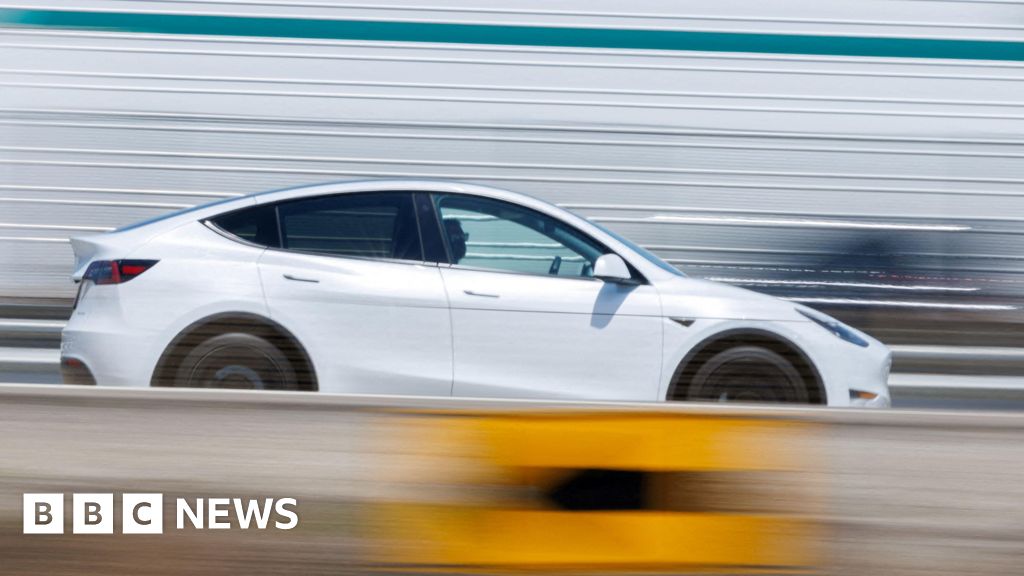By Danielle Kaye
Copyright bbc

“Elon has this way of getting people to really focus on the future. And today is the downside of that,” said James Stanley, a macro analyst at StoneX, of Wall Street’s reaction.
“It’s a lower-cost EV [electric vehicle] that everyone pretty much saw coming.”
Despite Musk’s emphasis on artificial intelligence ventures, Tesla still relies heavily on its core car business, which has been under pressure on multiple fronts.
It faces cuts to US government support for electric cars, competition from Chinese carmakers and consumer backlash earlier this year against Musk’s involvement in the Trump administration.
In July, the carmaker reported that its sales fell by 12% in the second quarter to $22.4bn – the biggest drop in at least a decade – after deliveries plunged 14%.
Last week, Tesla was among the car companies to report record sales of electric cars over the past three months. But analysts said the boom was caused by a dash to buy before the end of a government subsidy.
Tesla vehicle prices for US consumers increased by as much as $7,500 (£5,588) this month after a US tax credit for electric vehicles expired at the end of September.
Tesla executives have acknowledged that the end of the tax credit for buyers of electric cars in the US is likely to hurt the business.
The newly released lower-cost models, aimed in part at offsetting the loss of the EV credit, will lack certain features found in other Tesla vehicles.
In the US, the lower-cost, stripped-down versions of its Model Y and Model 3 will be priced at $39,990 and $36,990 respectively, according to Tesla’s website. They did not immediately appear on the UK version of Tesla’s website.
Tesla’s last big vehicle launch – the Cybertruck – has yielded lacklustre results, with US sales totalling roughly 52,000 units since deliveries began in 2023, according to Cox Automotive.